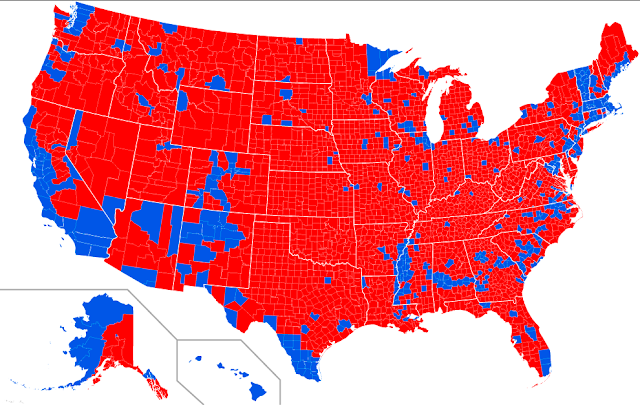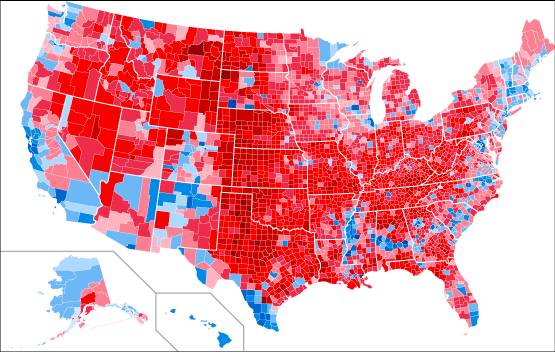It’s human nature to want to fix things that are wrong with us—disease, conditions, even just things we don’t like about ourselves. Science and medicine give us many tools to help with disease and health conditions, but sometimes we want something more or different. Most of the time, that’s okay, but sometimes it’s quackery. I found that out in my own fight against gout.
Rationalist sceptics of all sorts (especially in the areas of religion and science) have a name they use for nonsense:
Woo is a word used to describe any belief for which there’s no supporting evidence, or insufficient evidence, and that’s unscientific or even anti-scientific. It was derived from woo-woo, which I’ve often heard was coined because of the mocking spooky sound of the word. It definitely
IS insulting, intentionally so, I think, and I don’t have a problem with that: Sometimes it takes a little push to get people to confront their irrational beliefs.
Over the years, I’ve searched for solutions to gout, things that could help prevent attacks as much as possible. This was because of my stubbornness in avoiding all prescription drugs, something I managed to do until this year, though it wasn’t a good idea, obviously.
Still, part of the problem I faced was that doctors wouldn’t give definitive recommendations, a problem
I wrote about last year. I wrote:
Without any real help from the medical establishment, people will often go looking for “alternative” answers, which can cause problems or make their condition worse. It also doesn’t help when actual medical advice is given with a declaratory nature, as in, “avoid this thing”, when gout is highly individual and some things just won’t bother some people.
Not long ago, I heard a sceptic of anti-science say that there’s no such thing as “alternative medicine”—there’s either medicine, or there’s quackery. Her point was that medicine is evidence-based and results can be proven, predicted, and reliable. So, the implication is that anything that isn’t those things isn’t medicine, it’s woo.
But, is it
really?! Well…
The problem is that lack of proof is not the same thing as lack of evidence, and something that isn’t proven isn’t necessarily ineffective. As long as something isn’t actually harmful, there’s little reason not to try something unproven, and if there’s any evidence it might be beneficial, there may be good reason to try it.
Tart cherries are a good example of this. There’s evidence that tart cherries help fight gout, especially when combined with allopurinol. It’s thought that substances in tart cherries, particularly the Montmorency variety, helps break down uric acid in the blood. That substance is also what gives cherries their dark reddish colour, and it’s higher in tart cherries than in other cherry varieties or in berries.
Researchers at Otago University are
studying the efficacy of tart cherry in reducing the frequency and severity of attacks, partly because so many people would rather not go on the drugs. Tart cherry seemed to help me, however, my circumstances changed and I needed stronger weapons.
Not all cherry capsules are the same. For the past few years, I’ve been taking
Redd Remedies’ Gouch, which I only recently learned contains ordinary cherry. It also contains ginger (about which, more in a bit), among other things. Before that, I took
Radiance’s GoutEze, which contains tart cherry, but much less of it than Gouch has of ordinary cherry, and it has a lot more ginger, plus baking soda, which made me burp too much, leading to me changing brands. Both cost roughly a couple dollars a day.
The problem is the ginger—and the baking soda, and all the other stuff added. Most of it has no evidence of efficacy, but the use of ginger and baking soda are both nothing but woo.
Fans of including it claim that ginger “warms the blood”, and that keeping joints warm is critical to avoiding gout attacks (I saw a recommendation that gout sufferers should wear socks to bed). The fact, however, is that ginger does not “warm the blood”. It absolutely has warming properties—in the mouth and stomach alone. Once consumed, ginger is eventually neutralised in digestion and it doesn’t—and can’t—“warm the blood”. I knew this, but ignored it because, at the time, I couldn’t find tart cherry pills without ginger.
The use of baking soda and similar compounds, fans say, “alkalinises the blood” making it less hospitable to uric acid and the crystals they form. This is utter nonsense, and can even be dangerous.
The human body is designed to operate within a very narrow pH range: If the body becomes too acidic or to alkaline, we die. Because of that, humans have all sorts of natural mechanisms to control the pH balance (for example, respiration). The foods we consume
DO increase the acidity or alkalinity of the digestive system—for a while. There, too, the human body naturally intervenes to keep the pH balance in the normal range, and if our bodies can’t do that, we need medical help, but unless that’s the case, nothing we consume can change the acidity level of the blood—nothing.
This particular woo can become dangerous: I saw advice that gout sufferers should consume baking soda directly to “alkalinise the blood”. Trouble is, consuming too much can be fatal in some circumstances, and it’s adding extra sodium, one of the leading causes of hypertension, to the body.
So, sceptic that I am, I want to see some evidence that something may be effective, as is the case with tart cherries. But even I have been desperate enough to try full on woo: Apple cider vinegar.
I tried it many years ago, and suffered a gout attack shortly after I started. However, in my recent misery, I was desperate enough to give it another go, and I read up on it.
All the advice was that it must be organic apple cider vinegar (ACV). This was my first red flag: There is no chemical difference between organic and non-organic ACV, since they're both acetic acid solutions. Also, organic ACV can actually have higher levels of pesticides because organic-approved ones have to be used more often and at higher levels than non-approved ones.
Fans of ACV said that it works because the acetic acid is “alkalinised” in digestion, and then lowers the acid levels of the blood. There’s an element of truth in this, in that the body does alkalinise acids in digestion, but, as I’ve already said, that doesn’t and can’t “alkalinise the blood”.
So, I wondered if the effective part might actually be the “mother”, the cloudy, stringy-ish stuff in organic ACV that’s the bacteria that produces the acetic acid. We know that certain bacteria can be very beneficial (for example, the bacteria in yoghurt can help restore bowel health after a course of antibiotics), so I thought that possibility was enough to give it a go.
I had zero benefit from ACV. Despite claims that a gout attack would end in hours or, at most, a few days, ACV had absolutely no effect on my attack, and I ended the experiment after a couple weeks. What DID work was increasing my dosage of tart cherry and drinking tart cherry juice, too: Once I started that (well after the ACV experiment), my symptoms finally eased, and I finally went into remission.
So, how could all those people who claim such miraculous results be so wrong? There are a lot of reasons, starting with the “it worked for me” fallacy. Trying a substance on ourselves without controls or strict observable regimen means we can’t possibly know if it worked or not. Instead, it could just be
confirmation bias—essentially, we got the results we expected. This is a form of self-deception, sure, but for most people it’s most likely to be a
placebo effect, a real phenomenon in which people believe that a substance has helped them when it hasn’t.
For people like me, who want evidence—not proof, necessarily, but verifiable evidence—that something is safe and effective, we are perhaps a bit less likely to believe that something “worked” when it didn’t. Fans of woo dismiss our experience with a special pleading fallacy, arguing that something wasn’t done right—we didn’t take enough ACV, we didn’t take it correctly, we didn’t use it long enough, etc. But without controlled studies, there’s no verifiable evidence, and that fact beats their confirmation bias, whether they want to admit it or not.
The bottom line for me is that extraordinary claims require evidence—it doesn’t have to be proof, just verifiable evidence. People can talk about their own self-described wonderful experience, but that’s not evidence.
Which brings me back to tart cherry. There is evidence that it's effective, though we don’t yet know how effective or whether prescription drugs are needed, too. I’m well aware that my own seemingly positive experience using tart cherry is not evidence, and I don’t claim that it is. People must always do their own research, talk to their doctor, and listen to their own bodies.
In my opinion, we must all trust our intellect and judgement, and follow the facts and evidence, not blindly follow the latest woo. If we do, we’ll save time, trouble, and probably some money, too.
Still, people have the right to make their own choices, even ones some of us may consider irrational. However, they don’t have the right to preach their choices unchallenged. No one does.
And that is definitely a fact.















